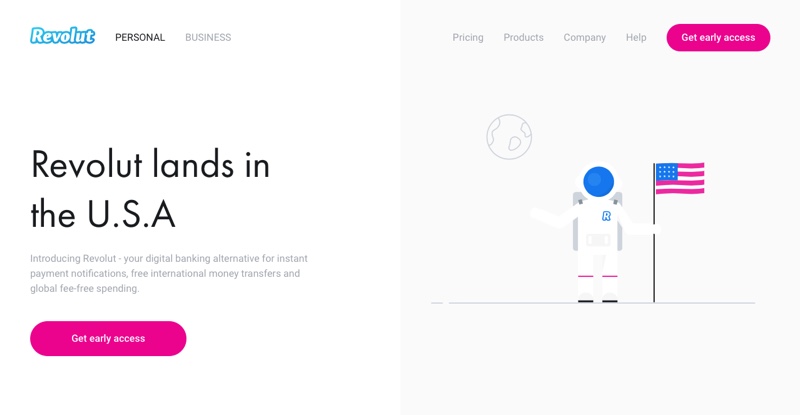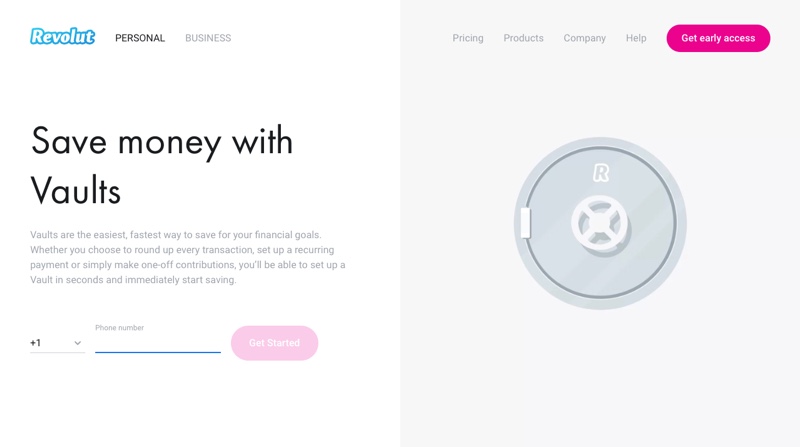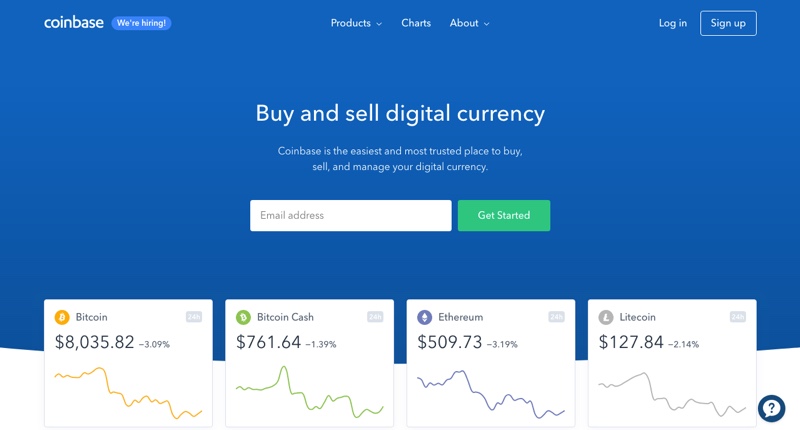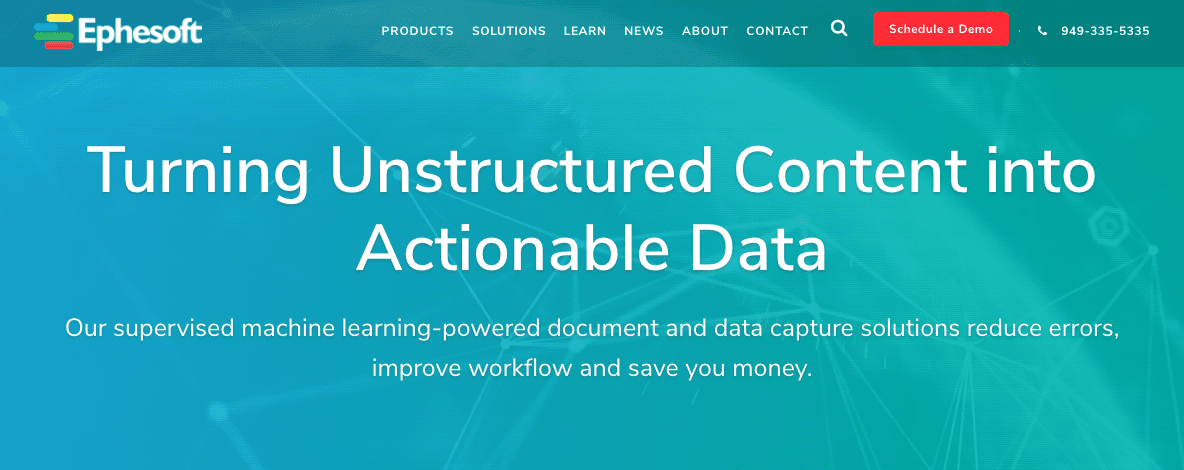 How do traditional financial services firms successfully innovate to move nimbly from fintech idea to full customer availability? Ahead of speaking at FinovateSpring 2018, Jim Van Dyke, Founder & CEO at Futurion reveals his truths around the idea of ‘successful innovation.’
How do traditional financial services firms successfully innovate to move nimbly from fintech idea to full customer availability? Ahead of speaking at FinovateSpring 2018, Jim Van Dyke, Founder & CEO at Futurion reveals his truths around the idea of ‘successful innovation.’
Last year, I interviewed leaders from banks, credit unions, and other FIs (ranging from the nation’s largest to smallest) to reveal specific speed bumps, potholes and pitfalls amidst rare fast stretches of smooth pavement. These leaders all know that without finding a faster and better way to innovate quickly on the path toward fulfillment of customer, competitive and market opportunities, organizations will quickly become irrelevant. This research report asked 30 leaders the same three questions about their largest innovation processes: how they work, how long they take, and what they’ve learned along the way.
At FinovateSpring, the ‘Innovator Insight: Speeding up the time to market for new products and services‘ panel brings actual interviewee respondents on-stage to Finovate to discuss their best practices for getting key fintech innovations to market faster and better. Here are a few highlights of what we’ll be discussing in our fast-paced and no-holds-barred panel:
- Project durations vary widely—ranging from a 6 months to five years—with the most common response being 21 months and the average being 24. Specific project management methodologies make all the difference.
- Innovation practices at financial services firms appear to be significantly less mature and productive than those at software firms, representing risk that the latter will outmaneuver the former. Financial sector firms’ project stages vary dramatically among all respondents and had very inconsistent mention of lean methodologies (such as prototyping or customer journey maps).
- Some traditional financial sector firms only allow innovation ideas to originate from top executives. At all such firms, demonstrated respondent confidence and morale was markedly lower (when compared to all other interviewees).
- There was a strong observed (i.e. generally not explicitly stated) correlation between an organization’s current ability to rapidly execute and a respondent’s demonstrated morale and level of engagement. In turn, the author predicts that a likely by-product of the ability to rapidly innovate with high alignment to customer needs might be the benefit of a stronger ability to attract, motivate, and retain top quality talent in the competitive fintech labor market.
- Many top innovations are viewed as neither discretionary nor of direct contribution to customer value, but are ultimately viewed as no less important than others. For example, many cited efforts to adopt an API framework or particular vendor relationships that only make future areas of direct customer value more possible. In addition, several smaller FI executives lamented actions on the part of their technology vendors that they viewed as standing in the way of their ability to release new innovations to market.
- Risk or security-focused team members are unexpectedly incredibly valuable in ideation or problem-solving at several FI shops, possibly because they are required, on an ongoing basis, to creatively address dynamic and formidable problems.
Join Van Dyke at FinovateSpring 2018, May 8 through 11, 2018 at the Santa Clara Convention Center in California. Find out more >>







 Presenters
Presenters Vika Arkhipova, Marketing/Sales Executive
Vika Arkhipova, Marketing/Sales Executive
 Presenters
Presenters Laura Kornhauser, President & COO
Laura Kornhauser, President & COO
 Presenters
Presenters Harpreet Chawla, VP Digital Products & Innovation
Harpreet Chawla, VP Digital Products & Innovation
 Presenters
Presenters Justin Lam, Software Engineer, Product
Justin Lam, Software Engineer, Product



